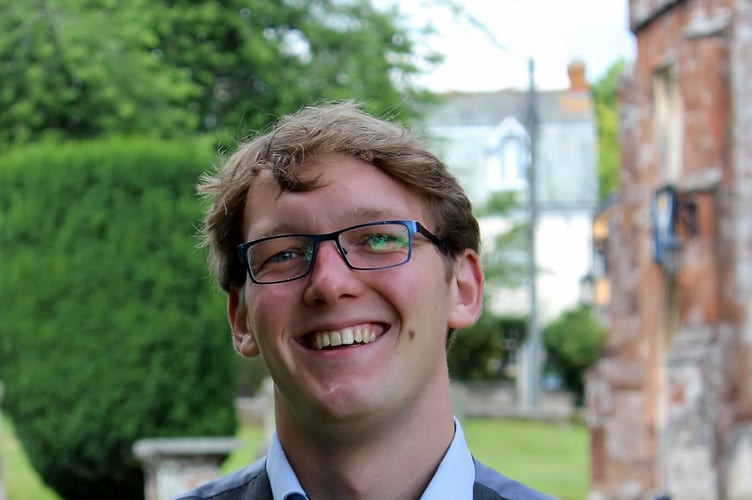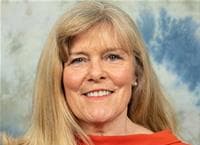TODAY, Thursday, July 4, many of us go to the polls and vote for our MP, in what has been quite a bitter and dramatic election campaign for all parties.
This week we discover who our Prime Minister will be and how they will settle into government, afresh or for the first time.
At the time of writing, I do not know who will win the election.
Only six weeks ago Rishi Sunak called the election while getting soaked in the rain outside Downing Street; Sir Keir Starmer took his time to reinstate Diana Abbot to the Labour Party, and various politicians and aides placed bets on the timing of the election, shortly before it was called.
Furthermore, racist and intolerant language has been used to describe prominent politicians. This has been an ugly election, nationally.
Locally, the town is divided, throughout this election campaign, signs have been erected for the three main parties, Lid Dem, Labour, and Conservatives, with different polling companies saying either the Conservatives or Labour will win in our Constituency, Devon Central.
No matter who wins or has won the campaign in this constituency, we will have a new government, the third Government of King Charles’ two-year reign.
Hopefully, this new government will provide stability and strength, no matter who wins the largest number of seats in the House of Commons.
During this election campaign, I have been drawn to the second commandment of the two greatest commandments that Jesus taught his disciples. The second commandment is “Love your neighbour as yourself.”
There has not been a lot of love throughout this election period, as now as we enter this new government’s rule, let us hope that love will reign and be the guiding principle to whoever they are.
As the new government finds its feet and seeks unity for a divided country, how can we bring unity to our town, which finds itself divided politically?
By living out the second commandment that Jesus gave us, “To love our neighbour as ourselves.”
Loving our neighbours means looking beyond ourselves to the world around us seeing the needs and helping where possible. Helping those in need is sacrificial and costly, for it costs us time and money to help those in need. Yet, through these sacrifices, the country, the world, the nation, and the town are strengthened and can go on to bigger and better things.
By choosing to love our neighbour, we are choosing the other over the self, the needs of others over our own.
Through choosing to love our neighbours as ourselves, those in poverty are offered ways out, ways that build their resources; people who are trapped in unhealthy and, or abusive relationships can find the support required to leave and start new lives.
Fundamentally, by choosing to love our neighbours, we seek the transformation of those around us, helping all to reach their full potential. I hope whoever forms the next government will allow love to be their guide, so all can reach their full potential.
Rev Lewis Eden
Assistant Curate
Crediton Benefice Community



.jpeg?width=209&height=140&crop=209:145,smart&quality=75)

Comments
This article has no comments yet. Be the first to leave a comment.